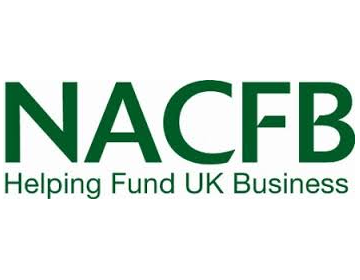
There’s no question that fixed rate mortgages are the product of choice among the majority of borrowers. It’s not just the case in the residential space either, where UK Finance says 81% of mortgages – or nearly 7 million – are on a fixed rate. It’s true for the buy-to-let space too, where 66% of mortgages are also on a fixed rate.
Whether it’s a residential borrower or a landlord, there is clearly real value in having that stability and security around monthly payments, especially as other costs increase. Without knowing it at the time, taking out a five-year fixed rate in 2020 or 2021 now feels like a shrewd move, especially given all the upheaval seen the market and wider economy in recent years. In truth, while two-year options may have traditionally been preferred, five-year fixes have overtaken these in the last decade or so.
But with inflation continuing to settle down and normalise, along with expectations of further cuts to base rate, will landlords adopt more of a short-term approach when they next come to remortgage? Will they try to ride the wave of any further cuts in interest rates with a flexible tracker? If our recent landlord survey is anything to go by, the preference for now is still to think in terms of five years.
In our survey, the majority of landlords said they’ll choose a five-year fixed rate when they next come to remortgage. At 71%, this is a considerable jump from just under half (49%) in our previous survey late last year. Meanwhile, just two-in-ten landlords said they will opt for a shorter two-year fixed rate, which is down from a third in the previous survey.
Among those looking at a five-year fixed rate next time, the majority operate within a limited company (71%). At 42%, the biggest share of those opting for a five-year fix is landlords with portfolios between four and 10 properties, followed by nearly a quarter of landlords with portfolios of 20 properties or more (24%).
While peace of mind and certainty of cost will certainly be a factor for many, the findings may also suggest that a number of landlords may still be enjoying more preferable rates secured before the ‘mini-budget’ and subsequent spike in inflation. For those landlords not needing to make any decision until 2027, who may be hedging on a return to more favourable rates by then, a five-year fix may feel like the right choice.
It may also suggest why perhaps surprisingly, longer-term fixes of seven or 10 years saw a slight increase in preference. While not massive numbers, 6% of landlords said they will choose this option – up from 4% last time. Variable tracker rate mortgages are less popular than last year, with just 3% of landlords set to make this choice – a fall from 14% in 2023. In the case of trackers though, this may come down to price as although they offer no early repayment charge, two-year fixed options remain pretty competitive.
Without the benefit of a crystal ball, borrowers are at best trying to second guess what the future holds, especially as sentiment continues to improve amid prevailing economic conditions. Ultimately, the best remortgage option comes down to individual preference and what feels like the best fit for each landlord, their set up and their portfolio.
Arguably, it’s the time when brokers are at their most valuable, taking into account the full picture to help find the most suitable product. Given the important role brokers play, it’s important that lenders provide a broad and competitive range of products to help their broker clients support all requirements. At Landbay for example, this is something we continue to focus on, offering a selection of trackers, as well as both two-year and five-year fixed options. Supporting these is our variable fee structure to help enhance affordability.
For those looking to remortgage in current market conditions, we are continuing to see growing momentum around our two-year like-for-like standard fixed remortgage option. A big reason behind this has been its lower stress testing requirement of just pay rate, which helps to support those affordability challenges.
It’s a great option for those in particular with no changes to their current borrowing requirements.
• Rob Stanton is sales and distribution director at Landbay *





.jpg)










Join the conversation
Be the first to comment (please use the comment box below)
Please login to comment